As temperatures drop, beachgoers are advised to be on the lookout for cold-stunned sea turtles
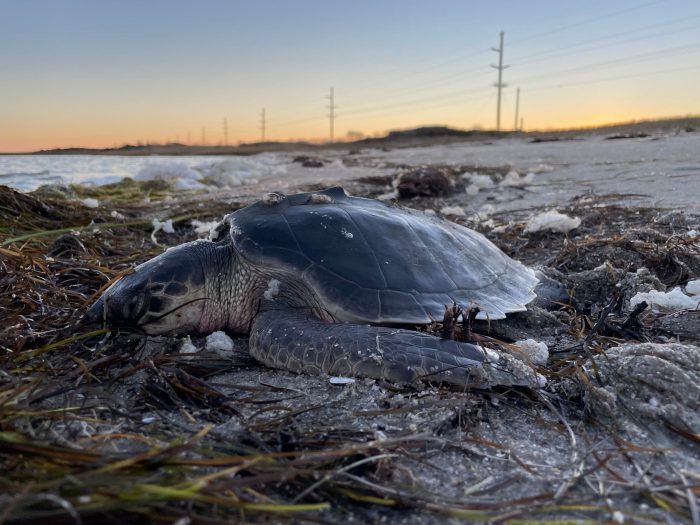
As the temperatures on Hatteras and Ocracoke Islands drop in the winter months, cold-stunned sea turtles begin to make an appearance along the soundside beaches.
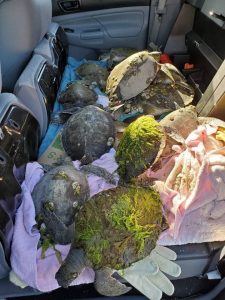
As cold-blooded reptiles, a sea turtle’s body temperature closely matches that of their environment. When water temperatures dip under 50 degrees Fahrenheit for multiple days, these turtles become lethargic, float along the surface to have easier access to air, and many of their body systems slow down.
This cold-stunned scenario can turn deadly, as once in an immobile and lethargic state, the sea turtles can have difficulty raising their heads above water to breathe, and can eventually drown.
When this occurs, the sea turtles are also naturally blown to a local shoreline or even spotted in the shallow sound waters. Cold stunning is an event that usually requires medical attention, as infections in the lungs, damage to organs and GI tract, eye injuries, and frostbite are possible.
With these circumstances in mind, local volunteers from the Network for Endangered Sea Turtles (N.E.S.T.) regularly monitor the Hatteras Island shorelines after a cold spell, looking for cold-stunned sea turtles in need of assistance.
The volunteers primarily search for stranded turtles along the soundside, covering private property in the villages and areas that are not routinely patrolled by the National Park Service. After braving the cold conditions, the volunteers meet at a staging site, where turtles are measured and labeled before hitching a ride to the STAR Center at the NC Aquarium on Roanoke Island where more N.E.S.T. volunteers are waiting.
The number of sea turtles that are rescued can vary greatly from year to year. The 2023/2023 winter season was a busy one for the STAR Center and N.E.S.T. volunteers, as more than 200 sea turtles were rescued around the Christmas holiday alone, and an additional 37 sea turtles were rescued during a mid-January cold snap.
With a bout of cold temperatures expected this weekend, beachgoers along the sound and oceanfront are advised to keep a lookout for sea turtles over the days and weeks to come.
How You Can Help:
If you spot a sea turtle on land this time of year, please call one of the stranding hotlines with your location.
- Hatteras Island: 252-216-6892 (National Park Service, Cape Hatteras National Seashore)
- North of Oregon Inlet: 252-441-8622 N.E.S.T.
Sea turtles in North Carolina are protected by the Endangered Species Act and managed by the NC Wildlife Resources Commission. For more information on NEST, and to make a donation or learn about volunteer opportunities, visit http://www.nestonline.org/.
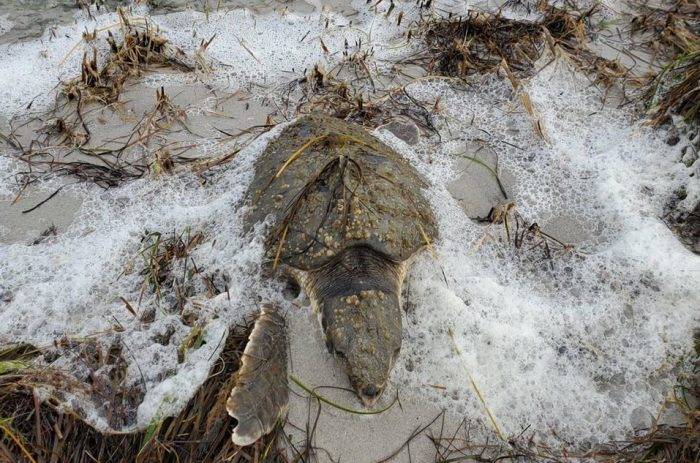





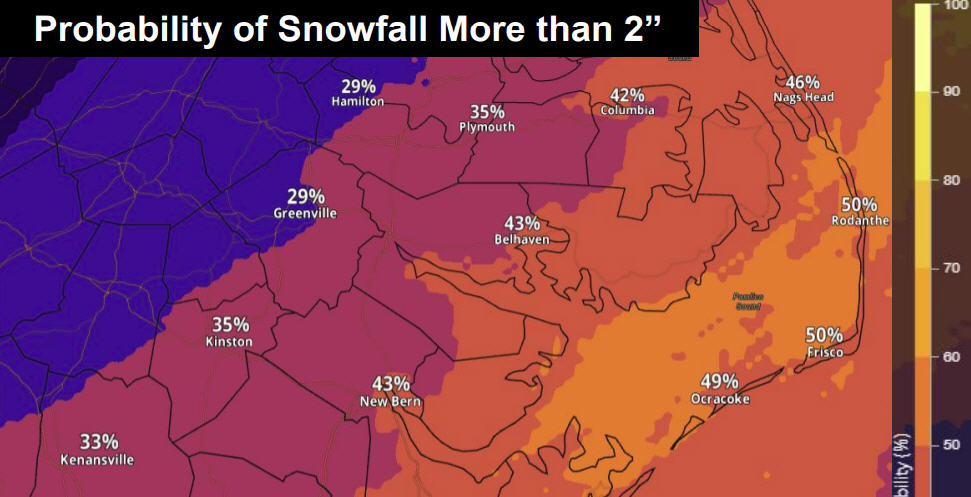
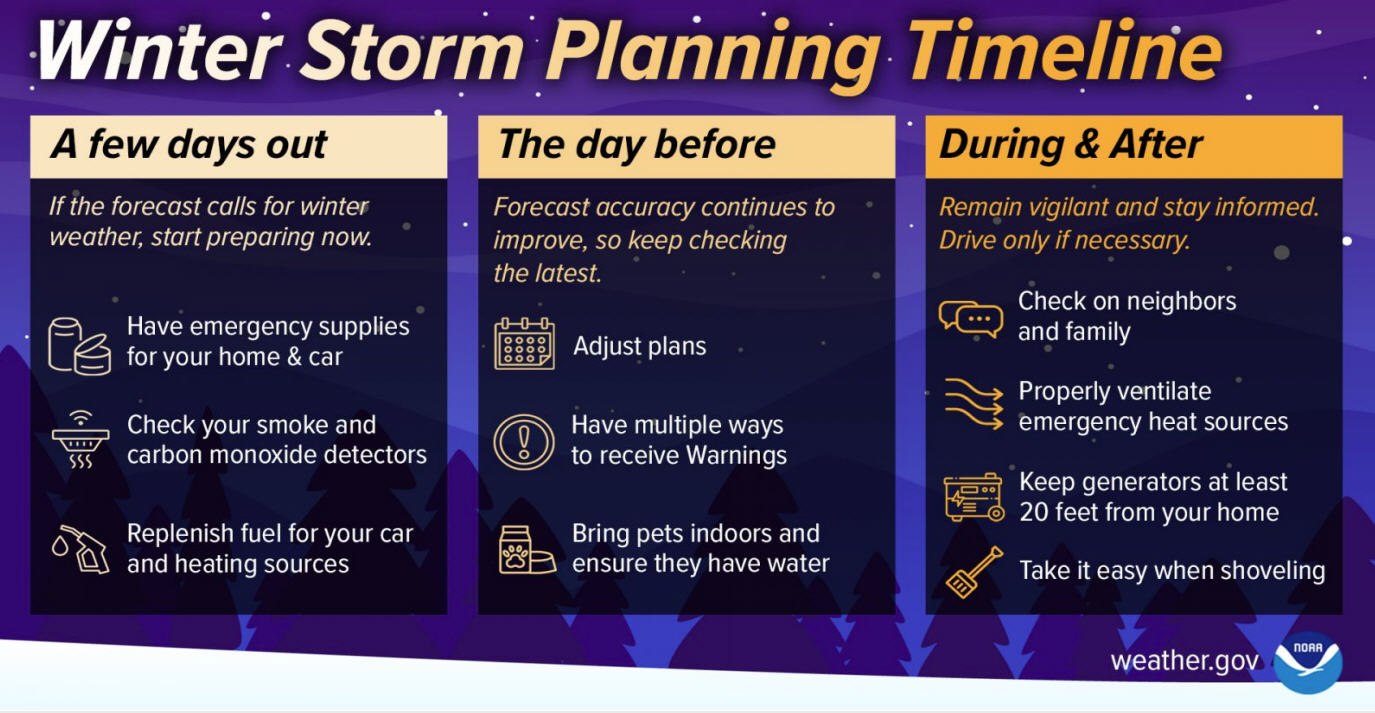


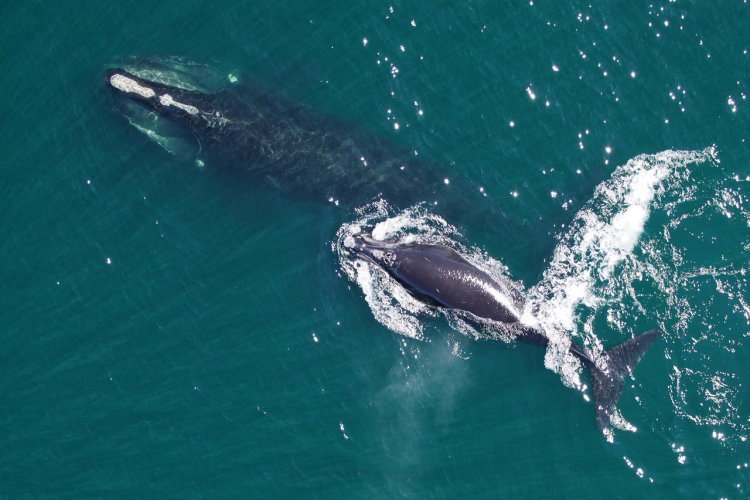


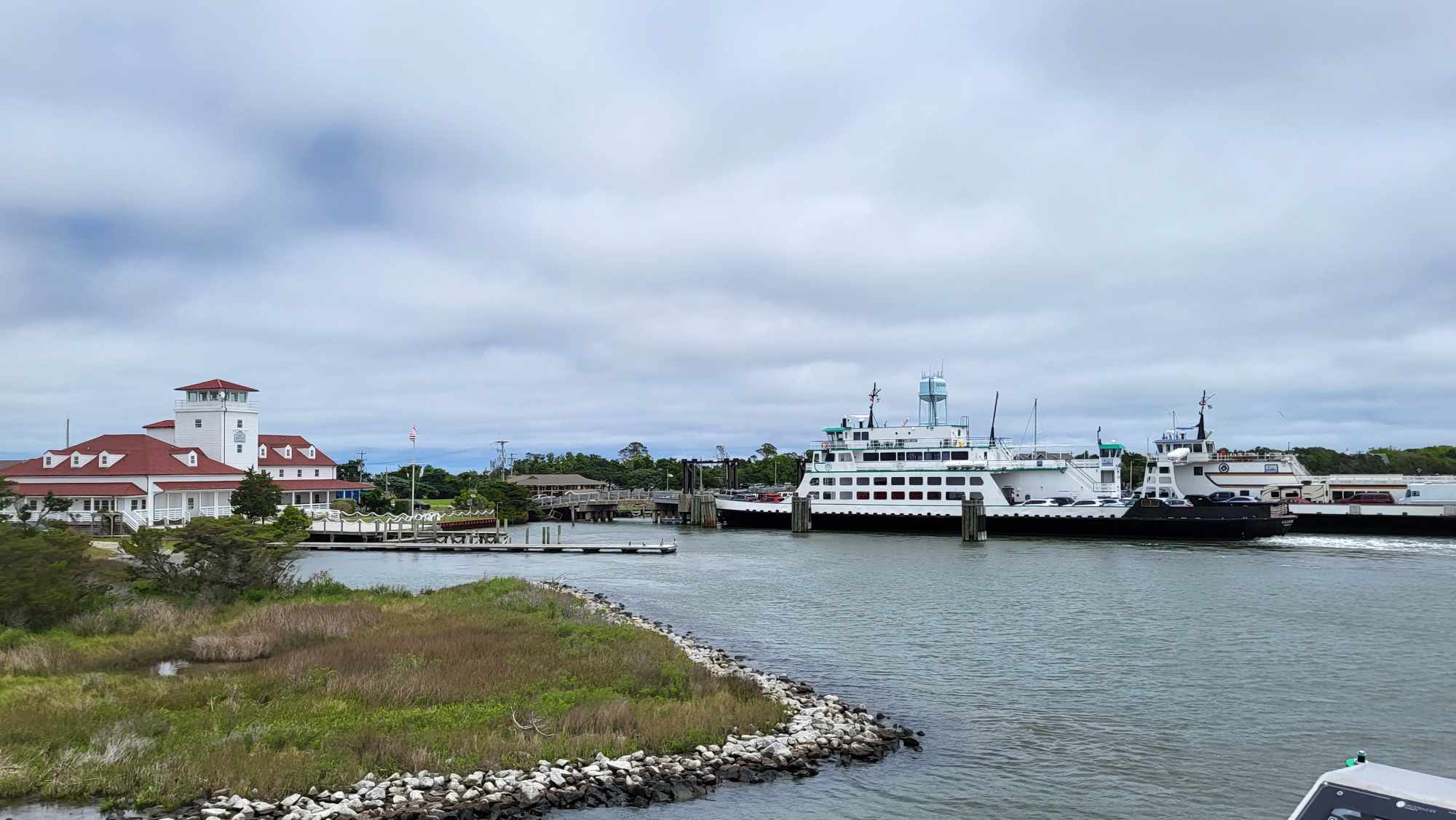




If being “cold-stunned” is a risk to the turtles, shouldn’t they have disappeared long ago, before all of the assistance from “helpful humans” and before warming due to “climate change?”